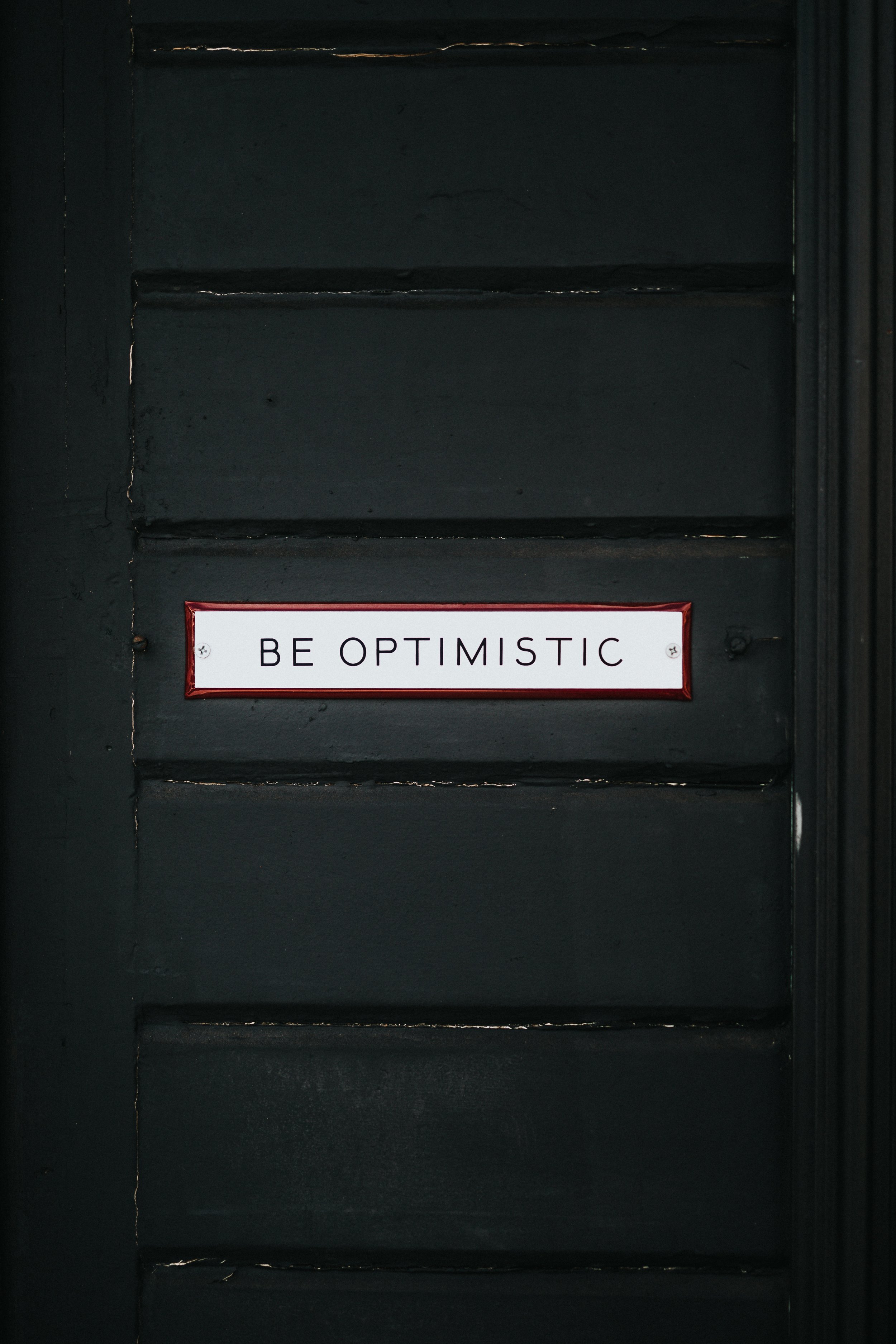Prophets of a Future Not Our Own
The following prayer was shared with my by a professor a couple of weeks ago, Prophets of a Future Not Our Own, in memory of Oscar Romero (1917–1980).
It helps, now and then, to step back and take a long view.
The kingdom is not only beyond our efforts,
it is even beyond our vision.
We accomplish in our lifetime only a tiny fraction
of the magnificent enterprise that is God's work.
Nothing we do is complete, which is a way of saying
that the kingdom always lies beyond us.
No statement says all that could be said.
No prayer fully expresses our faith.
No confession brings perfection.
No pastoral visit brings wholeness.
No program accomplishes the church's mission.
No set of goals and objectives includes everything.
This is what we are about.
We plant the seeds that one day will grow.
We water seeds already planted,
knowing that they hold future promise.
We lay foundations that will need further development.
We provide yeast that produces far beyond our capabilities.
We cannot do everything, and there is a sense of liberation
in realizing that. This enables us to do something,
and to do it very well. It may be incomplete,
but it is a beginning, a step along the way,
an opportunity for the Lord's grace to enter and do the rest.
We may never see the end results, but that is the difference
between the master builder and the worker.
We are workers, not master builders; ministers, not messiahs.
We are prophets of a future not our own.
Amen.
The Road to Hope
Civil Rights leaders knew the power of suffering Photo by History in HD on Unsplash
I spend much of my days shoring up that I do not suffer. I take aspirin. I work hard to ensure my kids are quite and not yelling. I turn the news off that I don’t want to see. I time my driving so to avoid traffic. I delay sharing bad or unwelcome news with others. I order things online so I do not have to go to the store. I look for the shortest lines.
Recently this line came through WeCroak: “Our avoidance instinct is also due to the fact that our culture has decided that suffering has no value.” (original source)
As a human I work to avoid suffering but as a Christian I know that suffering has immense value. As Paul writes:
And not only that, but we also boast in our sufferings, knowing that suffering produces endurance, and endurance produces character, and character produces hope, and hope does not disappoint us, because God’s love has been poured into our hearts through the Holy Spirit that has been given to us.- Romans 5:3-5 (NRSV)
Paul seems to suggest that suffering is the road to hope. It is a road less traveled in my life.
I live in a bubble wrapped existence where the extent of my suffering is a power outage for a few hours or failing to meet some arbitrary expectation. I can imagine that many of us in the Church in the United States also do not suffer much at all. Which of course begs the question - if we suffer little do we hope for less?
Trading Hope for Optimism
Dr. Namsoon Kang shared in a recent class the difference between optimism and hope. Dr. Kang noted that optimism is rooted in data. That is when there is a lot of bad news, we might look for data to give us a reason to be optimistic about the future. Data is the basis for our silver linings and we become dependent upon the data to keep us optimistic.
If the stock market is up or our candidates poll numbers are high, then we remain optimistic about our future.
Do we want to settle for optimism? Photo by Nathan Dumlao on Unsplash
It is interesting that if we are not able to find the data to counterbalance the bad news, then we have little to be optimistic about. Thus data is the root of both optimism and pessimism. Data, in our world, has become the idol we look toward to help us make sense and directs us how to feel.
Hope is not rooted in data. Which may be why materialists, skeptics, and many non-theists struggle to be hopeful. If we look for data before we decide to be hopeful then we are not looking for hope, we are looking for optimism. Hope is not rooted in data, it is rooted in the struggle.
Christianity does not talk about optimism at all. Christians are not optimists, we are hopeful. Christians do not dismiss data, for instance Christians ought to be concerned about the recent data of the warming earth. However bad this data is, Christians remain hopeful because the struggle to live with this new reality and change behavior is what we hope for.
The reality is too often we Christians are trading hope for optimism. We are giving up our hope because the data convinces us that the future of the church is not great. Hope and optimism are not interchangeable words/ideas. The struggles in the church now and in the future may not breed optimism, but will surely produce hope.

Be the change by Jason Valendy is licensed under a Creative Commons Attribution-NonCommercial-ShareAlike 3.0 Unported License.














